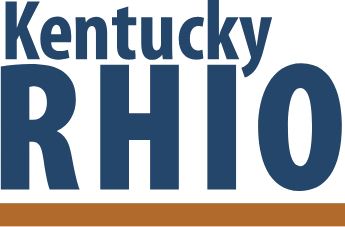Managing patients with chronic or complex conditions can be difficult, and patients often end up being referred to specialists located dozens or even hundreds of miles away.
Many of these patients don’t have the resources available to make their appointments, meaning they miss out on essential care. What if there was support available to help local providers treat these patients in-house? That’s exactly what Project ECHO® (Extension for Community Healthcare Outcomes) aims to do – empower local providers to treat complex patients within their community.
Project ECHO® is an evidence-based teleconsultation model that began in 2003 at the University of New Mexico. While the ECHO model does not actually provide care to patients, it does provide front-line clinicians, such as primary care providers, with the knowledge and support they need to manage patients with complicated conditions, reducing or eliminating the need for referral.
Project ECHO® uses a hub-and-spoke telehealth model to connect rural providers to an interdisciplinary specialist team. During teleECHO clinics, primary care clinicians present patient cases to the specialist team and to each other, discuss new developments relating to their patients, and determine treatment. Through this case-based learning model, participants acquire new skills and knowledge that enable them to better treat their patients, improving health outcomes within the community.
While Project ECHO® began as a way to improve treatment for hepatitis C, it has expanded to include programs for more than 65 different diseases and conditions across the globe.
In the upcoming months, KRHIO anticipates launching an ECHO focused on opioid prevention and/or treatment. For more information or to participate, call Nicole Winkleman at 606.462.1566.
